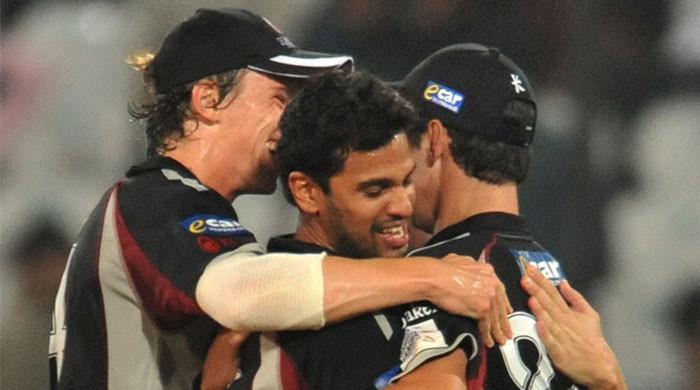Former Cricketer Arul Suppiah Reveals Anorexia Battle
Arul Suppiah, a former Somerset cricketer, has openly discussed his prolonged and challenging experience with anorexia, a condition not commonly linked to male athletes. His honest disclosures have highlighted a concealed mental health issue that nearly took his life.
Suppiah, currently a teacher at Queen’s College in Taunton, initially recognised something was amiss during a classroom session when he abruptly felt weak, struggling to remain upright by leaning against a wall.
By that point, he had shed 15 kilograms, felt persistently tired, and was tormented by what he referred to as “The Voice,” an internal urge to regulate every aspect of his diet and physical activity.
Anorexia nervosa is a serious mental health condition, often mistakenly believed to only affect young women. Suppiah’s narrative challenges this assumption, underscoring the silent battles that numerous male athletes might also encounter.
What started in 2017 as a straightforward attempt to sustain a healthful lifestyle gradually escalated into obsessive behaviour. He was overexercising, undereating, and isolating himself from social engagements, particularly those involving food. Praises for his weight reduction only intensified his disturbed mindset.
His lowest point occurred when he nearly collapsed while at work. A physician recommended he take immediate sick leave. However, recovery was not instantaneous. “It actually worsened,” Suppiah recalled.
A pivotal moment happened when his psychiatrist cautioned that he would be hospitalised under the Mental Health Act if he did not improve. This instance signified the start of a gradual, difficult path to recovery.
With backing from the Professional Cricketers’ Association, a committed mental health support team, and a friend’s family, Suppiah initiated the recovery phase.
“Initially, I was recovering for the benefit of others, not myself,” he confessed.
The 41-year-old continues to manage his health while living with conditions such as OCD, depression and anxiety. Reflecting on his professional cricket career, he believes the pressures of elite sport played a significant role in his mental health struggles.
“My recovery was very inconsistent. I would sometimes gain weight, then lose it again, and vice versa,” he stated.
“Then I realised that I was deceiving myself. I needed to understand that recovery was for my own well-being and objectives. That’s when I started to have faith in and rely on the process,” he added.
He recognized the mental demands of professional athletics, noting: “The environment of professional sports is quite intense; you’re constantly under scrutiny and must perform well or risk losing your position.”



Comments (0)
No comments yet. Be the first to comment!
Leave a Comment